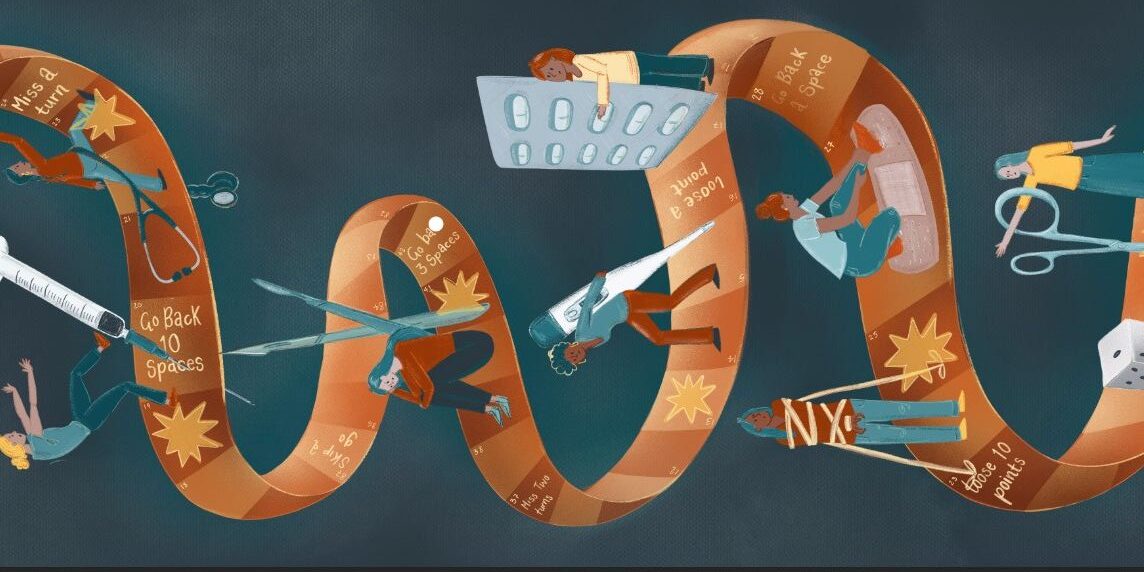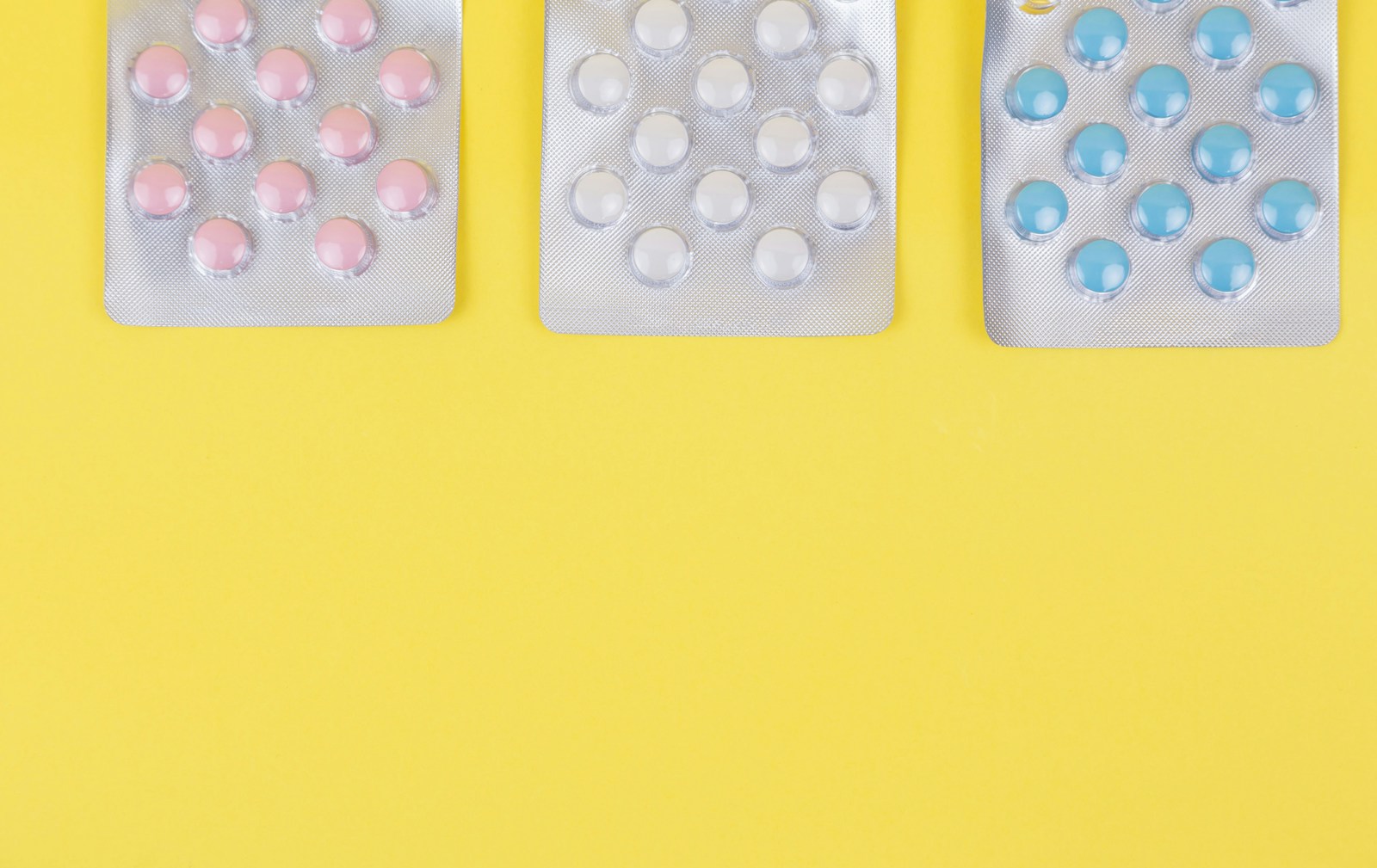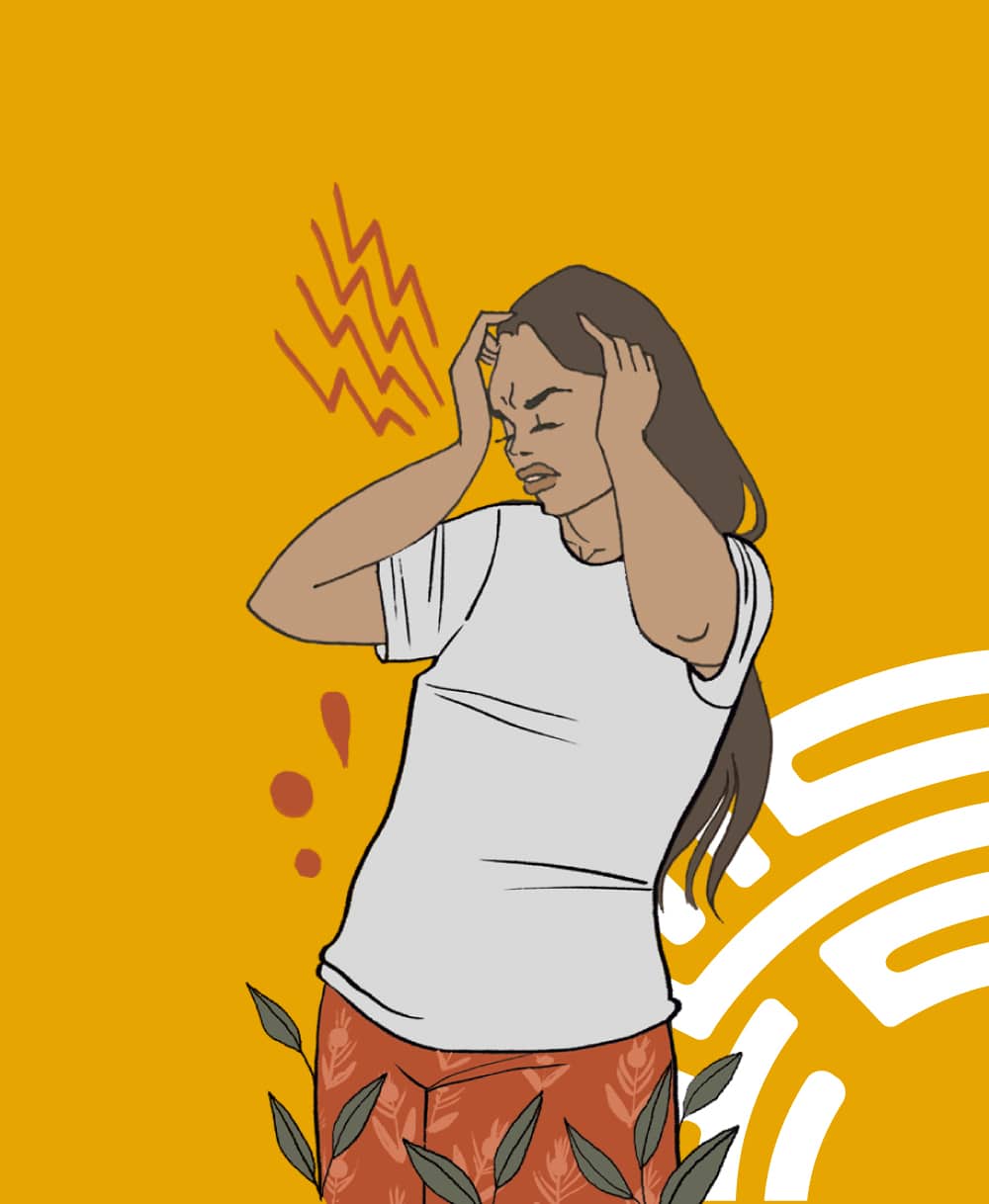Science exploring the benefits of a nutrient rich diet has boomed over the last decade. From fecal transplants, to fermented foods, we know more now than we ever have about the link between what we eat, and the impact this has on our body and mind. Despite knowing so much, it can be tricky to sift through all that information and figure out what’s right for you.
Discovering what foods will help you feel fantastic and what foods will leave you feeling lousy can take time, and it often involves a process of ‘trial and error’. At hormonally, we’re not here to give you advice on how to loose weight, or tell you you can’t treat yourself every now and then. The information on this page, is all about drawing on the evidence that supports sustainable smart decisions.
Healthy eating habits are not about being on a diet. It’s about balancing the food you eat in the long term to keep your body – and your mind – strong, energized and feeling its best. It’s small shifts that make big changes.
It’s important to stress that women have particular nutritional needs and these needs vary in subtle ways over the course of our lifetime. So, whether you’re interested in general well-woman healthy eating, you want to know what foods can help your PMS symptoms, you’re looking for nutrition advice during pregnancy, or you want to learn about menopause-friendly foods, Hormonally’s got you covered.
You can choose the heading that suits you best, but don’t miss the handy tips in our all-age healthy eating basics too!
What do women need from their diet?









